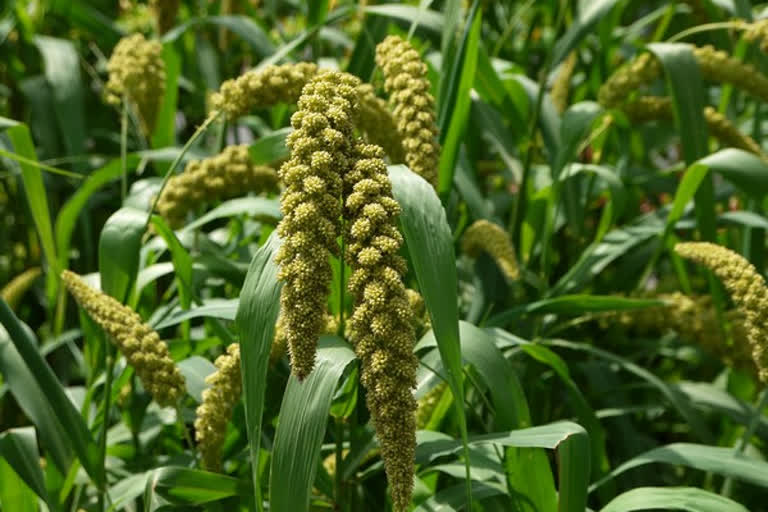Hyderabad:Foxtail millet is an annual grass grown widely as a cereal crop in parts of India, China and Southeast Asia. Milling the grain removes the hard outer layer, or bran, from the rest of the seed.
Researchers have identified a protein in this bran that can help stave off atherosclerosis in mice genetically prone to the disease. They report their results in ACS’ Journal of Agricultural and Food Chemistry.
Atherosclerosis, or narrowing of the arteries because of plaque buildup, is the leading cause of heart disease and stroke. Plaques form when immune cells called monocytes take up oxidized low-density lipoprotein cholesterol (ox-LDL) in the artery wall.
These cells then secrete pro-inflammatory cytokines, causing aortic smooth muscle cells to migrate to the site. Eventually, a plaque made up of cholesterol, cells and other substances forms. Drugs called statins can treat atherosclerosis by lowering LDL levels, but some people suffer from side effects.
Zhuoyu Li and colleagues previously identified a protein in foxtail millet bran that inhibits the migration of colon cancer cells. They wondered if the protein, called foxtail millet bran peroxidase (FMBP), could also help prevent atherosclerosis.
